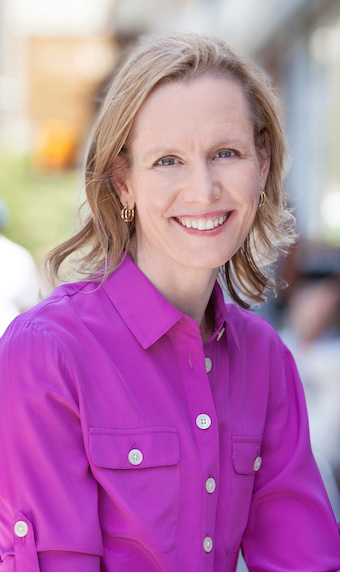While studies continue to find these gender gaps in financial knowledge, what is left unanswered is why such gender gaps exist in the first place?
By Marianne Cooper, Ph.D., Clayman Institute for Gender Research at Stanford University
Compared to men, women earn less and own less wealth. For example, for every dollar of wealth owned by the typical man, the typical woman owns just 36 cents.
There are many reasons for these economic gaps ranging from the different occupations men and women often have (construction vs. preschool teacher) to differences in work hours to pay discrimination.
Another factor at play are gender gaps in financial literacy. A recent paper from the Global Financial Literacy Excellence Center at George Washington University profiles research showing that around the world, women have significantly lower levels of financial knowledge than do men. Surveys done in the U.S, the Netherlands, and Germany found low levels of financial literacy across the board – but women scored especially poorly.
In the U.S. for example, among those who were asked three key questions about savings and investment knowledge, only a third answered all the questions correctly. Yet, while 38 percent of the men got all the questions right, only 22 percent of the women got a perfect score.
Notably, women were much more likely to report that they didn’t know the answer to a question. When asked whether “a single company stock is riskier than a stock mutual fund,” 41 percent of the women surveyed said they didn’t know compared to 26 percent of the men. Overall, 50 percent of the women, but just 34 percent of the men, said that they didn’t know the answer to at least one question.
In addition to saving and investing knowledge, other research has found gender gaps in knowledge about debt. Professor Annamaria Lusardi, who runs the Global Financial Literacy Excellence Center, did a study with a colleague to assess knowledge about taking on and managing debt. They found that women were significantly less likely than men to answer questions correctly – sometimes by as much as 20 percentage points.
Even having higher levels of education does not close this gender gap. College educated women still have lower levels of financial literacy than their male peers.
The lack of financial savvy has serious consequences. Research has found that people with low levels of financial literacy are less likely to plan for retirement, are more likely to make mistakes that can lead to extra charges and fees, and are more likely to have costly mortgages.
So who does have financial knowledge? As I wrote recently in the Atlantic, “Disproportionately, they are white males from college-educated families whose parents had stocks and retirement savings. Phillip Cartwright, the CEO of a biotech start up, underscores the high levels of financial literacy among white men at the top. Talking to me about how he manages his finances he said, “I talked to different financial advisers. But I went to business school, I worked in finance for five years. So I went to meet with some
The implications of these patterns are troubling, especially given the rise in single female headed households and the fact that married women tend to outlive their male partners. Both demographic trends highlight the serious need for women to know how to manage and invest money.
While studies continue to find these gender gaps in financial knowledge, what is left unanswered is why such gender gaps exist in the first place? Why do women seem to know less than do men about day-to-day financial matters? Is it related to traditional expectations about men being breadwinners? Are girls and women given the message that these topics aren’t important? What do you think?
_____
Marianne Cooper is a contributing writer at The Atlantic, a sociologist at the Clayman Institute for Gender Research at Stanford University, and an affiliate of the Stanford Center on Poverty and Inequality. She is the author of Cut Adrift: Families in Insecure Times and was the lead researcher and sociologist for Lean In by Sheryl Sandberg.



